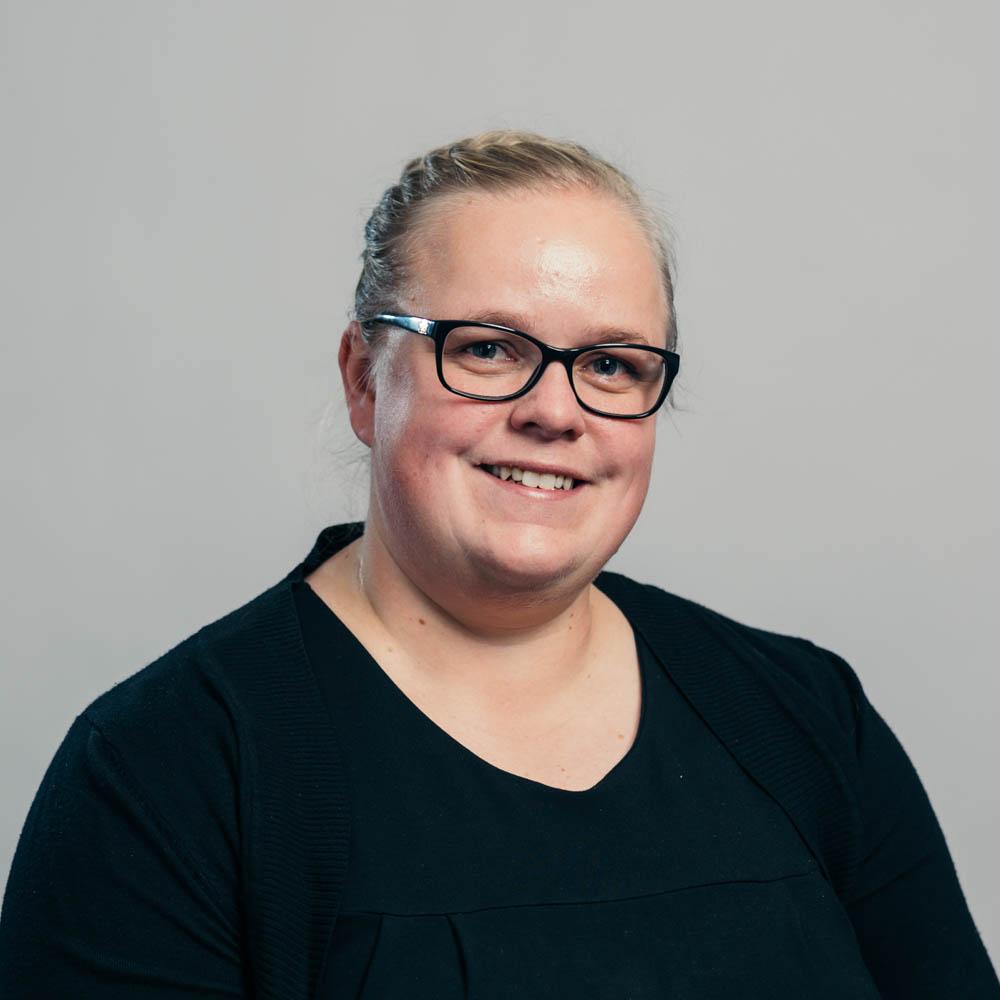Mastering the Nuclear specific requirements
Platom’s objective is to help control the most challenging aspects of the nuclear industry. We provide our customers with safe and cost-effective solutions. We envision our legacy in vital solutions that ensure a safer tomorrow.
We are a team of independent, flexible and experienced experts, who have been solving challenges in the nuclear industry with passion and attitude for over 25 years. We work in close cooperation with the authorities, licensees and suppliers. We constantly develop our expertise in order to meet the demands of the nuclear industry.
Safety
Nuclear safety starts with the basics, which can be controlled with the right operating conditions and can be tested safely with the help of modeling. Platom supports the continuous improvement of nuclear safety by analysis, modelling and safety reports. Platom’s radiation professionals help take care of all needs related to radiation safety and protection.
Engineering
We carry out plant and equipment modifications and system deliveries of nuclear facilities with high-class expertise in a customer-oriented manner. We are agile and reliable partner for our customers in all life cycle phases of nuclear facilities, from expert assistance to turnkey deliveries and decommissioning.
Operability
Our services covers the entire life cycle of nuclear facilities, from planning and licensing, to use, decommissioning and dismantling. Our experts are able to support customers in evaluations, planning and monitoring. We also provide statutory radiation safety expert services for your company.
Licensing, Quality and Project Management
We help in applying for regulatory approvals, planning licensing, qualifications and preparing official documents. We also carry out independent assessments and audits. We support the development and management of the client company’s expertise with training and consulting services in the nuclear energy industry.
Why Platom?
25+
years in the nuclear industry
700+
projects
4,9
customer satisfaction
Expertise
Petri Koivunen
Severe Accident Analysis
Radiation Safety
Nuclear Engineering
Project Management
Maria Nordlund
Technical Support for Licensing & Qualification
Requirement Management
Quality Management
Project Management
Calle Korhonen
Safety Assessments and Analyses
Project Management
APROS modelling
Licensing and Regulatory Requirements
News
Platom is hiring!
Published 30.04.2025
We are looking for a nuclear expert for full-time employment in our customer projects.
Kirsi Hassinen appointed CEO of Platom
Published 14.09.2023
Platom’s story begins a new chapter on the eve of the company’s 25th anniversary, when Kirsi Hassinen, M.Sc. (Tech.), starts as the company’s CEO on 1.10.2023.
Platom delivers spent nuclear fuel drying system for Posiva’s encapsulation plant
Published 16.11.2022
Platom has delivered a spent nuclear fuel drying system for Posiva’s encapsulation plant, where Posiva is the responsible licence holder. Drying of nuclear fuel is essential part of the encapsulation process to ensure long term safety of nuclear fuel in the capsule.
Introducing new team leaders
Published 28.09.2022
In September 2022, we renewed our organizational and service structure so that we could serve our customers even more efficiently based on their needs.
Blog Posts
Management systems and requirements management
Published 18.11.2024
Management systems play an important role in the nuclear industry. The industry has certain special requirements that the management systems need to meet, and above all, the management systems shall enable safe and high-quality operations.
What licensing plan?
Published 04.11.2024
The Radiation and Nuclear Safety Authority’s (STUK) Nuclear Safety Guide (YVL) A.5 requires the licensee to draw up a licensing plan for the construction of a new nuclear facility or for an extensive modification of an existing facility. The plan presents how the fulfilment of nuclear and radiation safety requirements is ensured and verified at different stages of the project or modification.
Component Qualifications
Published 28.10.2024
In the nuclear industry, licensing and qualification documentation is usually divided into three levels: plant, system and component level. This article explores the component-level documentation.
System-level licensing process for a nuclear facility
Published 22.10.2024
When licensing a new nuclear facility, a preliminary system description shall be developed for each system of the facility. This document is called the Preliminary Safety Analysis Report (PSAR).




